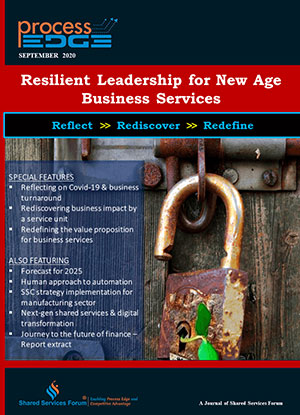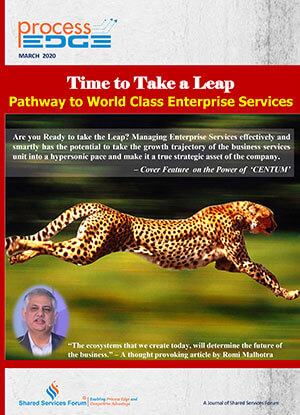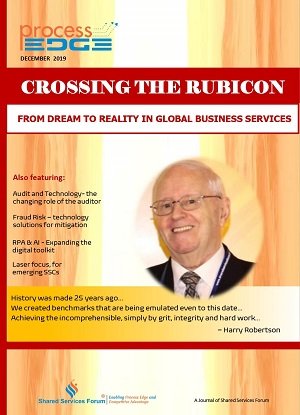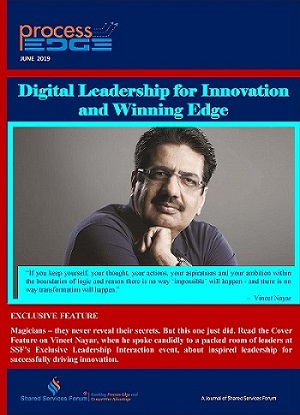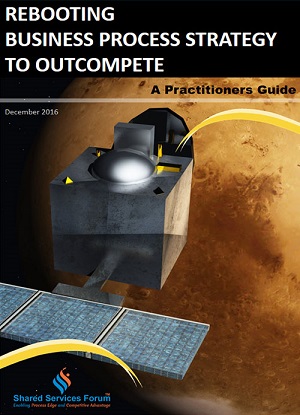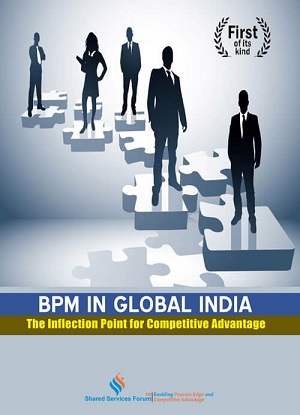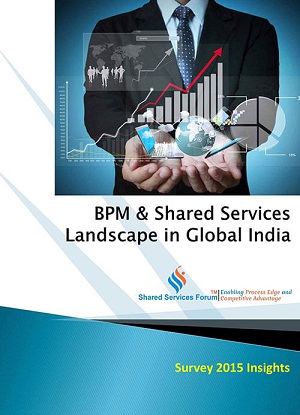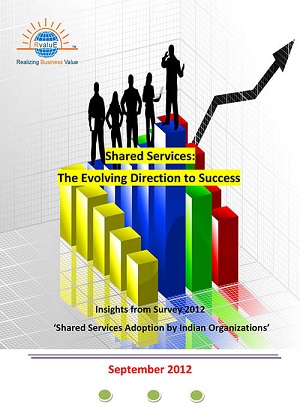
Would you like to start a conversation with other industry leaders to brainstorm a challenge or to just know more on a particular topic?
Engage in online discussions with your Peers
Start Now
The sector is becoming a preferred employer for skilled talent such as engineers and nurses.
The talent pool in the business process outsourcing (BPO) industry — now referred to as business process management — is witnessing some major changes. As automation takes over the lower level and repetitive work, the sector is becoming a preferred employer for skilled talent such as engineers and nurses.
“Earlier most of the focus was on pure functionality to the demand," said Munira Loliwala, general manager at staffing firm TeamLease Services. "However, now it’s more efficiency focused with very less manual intervention. The traditional methods and processes are replaced with technology and specialised skill sets. The demand has moved from being cost effective to a strategy-oriented and robust mechanism.”
As a result, professionals such as nurses, engineers and medical practitioners are the current and future hires for the industry, she said.
According to industry body National Association of Software and Services Companies (Nasscom), the global industry spend last year grew at 4 percent to reach USD 183 billion. India remained the top BPM offshore destination with a 37 percent market share.
While acknowledging increased efficiencies because of automation, Nasscom has said in its Strategic Review document for 2017: “Industry is expected to grow its export employment base at 6.1 percent in FY2017, an addition of nearly 66,000 employees. The export employee base accounts for 30 percent of the total IT-BPM employee base which includes over 25 percent domain specialists and technical graduates and post graduates.”
Shubhayu Sengupta, Senior Vice President of Human Resources at Hinduja Global Solutions India, said that while overall hiring has slowed down in the sector, the focus is on employee productivity and on-time hiring.
“The Indian IT/BPM industry is now serving global clients who are looking forward to set up their research centres in the country and hire talent with the right domain and technological knowledge as well as have the ability to upgrade their skillsets depending on the job role. The demand for technological experts would be close to 5,000–8,000 every year now,” he said.
Sandip Sen, chief executive of Aegis, said that the wealth of data that the industry has access to also creates newer jobs for people in the BPM industry. Data scientists, social media experts, analytics experts, and design professionals are in high demand, he said.
“The supply side (of talent) needs to go up,” said Sen.
Sharing this view is Raman Roy, Nasscom chairman, and one of the stalwarts of the Indian outsourcing industry. “The ability to find Masters (degree graduates), PhDs, statistics and Match graduates is extremely limited.”
He added that the BPM sector showed non-linear growth or increased revenue per employee growth much before IT services because of increased automation and robotics.
Earlier, the customer could help train the workforce for a problem. “Today, with the rapidly changing technology, neither the customer knows nor we know how to solve certain problems. A large part of the industry is today discussing issues with the customer, so this is a fascinating opportunity,” Roy said.
Sales representatives, for example, are becoming less important as consumers want direct information and study more about their product or service. Hence, they would be more interested in obtaining any such information and engaging with qualified engineers or science faculty, said TeamLease’s Loliwala.
“More promising in the area of specialist medicine, where clinicians are generally more interested in and the fact is that digital interactions are more effective at a fraction of cost. Even partial adoption of digital can reduce promotional costs by between 20 and 50 percent. So companies need to divert and spread their channels,” Loliwala added.
Source: money control







